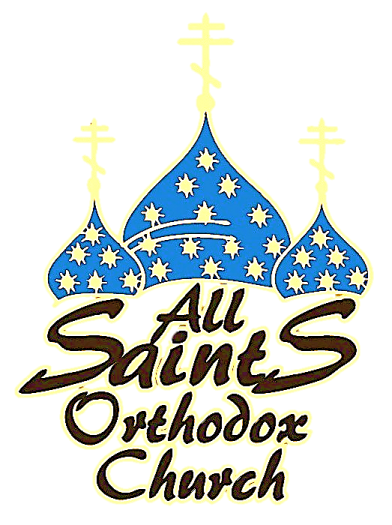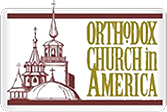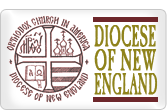The Orthodox Church is the most true and authentic Christian expression. Below are the places from which the Church derives its teaching. If you have questions or would like to learn more, contact Fr. Constantine or visit the OCA website.

The ongoing life of God’s People is called Holy Tradition. The Holy Tradition of the Old Testament is expressed in the Old Testament part of the Bible and in the ongoing life of the People of Israel until the birth of Christ. This tradition is fulfilled, completed and transcended in the time of the Messiah and in the Christian Church. The gospels and the other writings of the apostolic church form the heart of the Christian tradition and are the main written source and inspiration of all that developed in later ages. This Christian tradition is given over from people to people, through space and time. Tradition as a word means exactly this: it is that which is “passed on” and “given over” from one to another. Holy Tradition is, therefore, that which is passed on and given over within the Church from the time of Christ’s apostles right down to the present day.
Old Testament
The Old Testament scripture begins with the five books of the Law called the Pentateuch, which means the five books; also called the Torah, which means the Law. Sometimes these books are also called the Books of Moses since they are centered on the exodus and the Mosaic laws. In the Old Testament there are also books of the history of Israel; books called the Wisdom books such as the Psalms, Proverbs, and the Book of Job; and books of the prophecies which carry the names of the Old Testament prophets. A prophet is one who speaks the Word of God by direct divine inspiration. Only secondarily does the word prophet mean one who foretells the future.


New Testament
The center of the New Testament part of the Bible is the four gospels of Matthew, Mark, Luke, and John, who are called the four evangelists, which means those who wrote the gospels. Gospel in Greek is evangelion which means the “glad tidings” or the “good news.” In the New Testament scripture there is also the book of the Acts of the Apostles, written by Saint Luke. There are fourteen letters called the epistles (which simply means letters) of the Apostle Paul, though perhaps some, such as the Letter to the Hebrews, were not written directly by him. Three letters are also ascribed to the apostle John; two to the apostle Peter; and one each to the apostles James and Jude. Finally there is the Book of Revelation, also called the Apocalypse, which is ascribed to Saint John as well.
At times in church history, councils of all of the bishops in the church were called. All the bishops were not able to attend these councils, of course, and not all such councils were automatically approved and accepted by the Church in its Holy Tradition. These councils have been termed the Seven Ecumenical Councils. The dogmatic definitions (dogma means official teaching) and the canon laws of the ecumenical councils are understood to be inspired by God and to be expressive of His will for men.


The Orthodox Church has seven sacraments Baptism, Chrismation, Eucharist, Confession, Marriage, Ordination and Unction. The sacraments are understood as blessings, gifts of the Holy Spirit to sustain us here in this world. In short it is through the sacraments that the life of the living Church is maintained.
All of the holy fathers, whether they are classified as theological, pastoral, ascetical or mystical gave their teachings from the sources of their own living Christian experience. They defended and described and explained the theological doctrines and ways of spiritual life from their own living knowledge of these realities. They blended together the brilliance of the intellect with the purity of the soul and the righteousness of life.

In the early Church there were many different forms of the Christian confession of faith; many different “creeds.” These creeds were always used originally in relation to baptism. Before being baptized a person had to state what he believed. It is also used as the formal statement of faith by a non-Orthodox Christian entering the communion of the Orthodox Church. To be an Orthodox Christian is to affirm the Orthodox Christian faith—not merely the words, but the essential meaning of the Nicene-Constantinopolitan symbol of faith.




